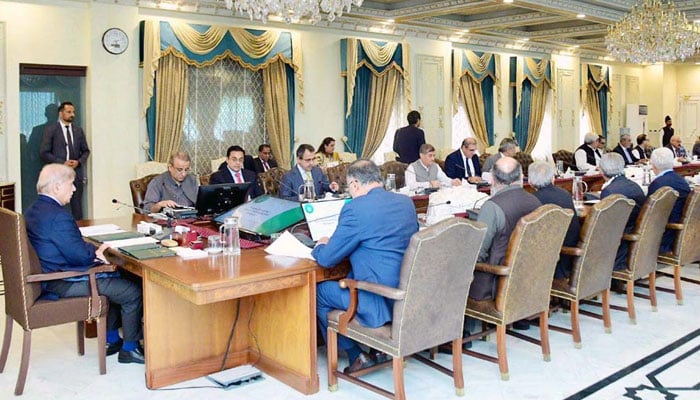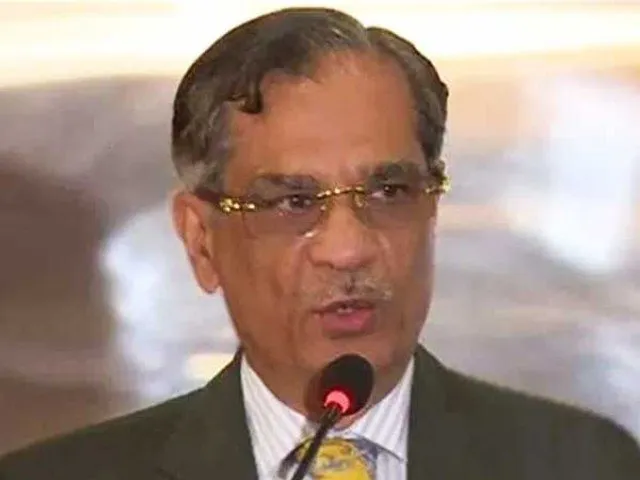Prime Minister Shehbaz Sharif has mandated that 50% of all public sector cargo be transported through Gwadar port, underscoring the government’s commitment to enhancing the port’s operational capacity. This directive was issued during a review meeting on Chinese investment in Pakistan, where the Prime Minister was briefed on the outcomes of a recent visit by a Chinese experts’ delegation.
The delegation, which visited Pakistan from July 30 to August 6, 2024, engaged with various ministries and key industry representatives. Discussions focused on deepening cooperation in sectors such as trade, energy, agriculture, information technology, communication, and infrastructure. Notable progress was reported in areas like technology transfer and removing non-trade barriers, all aimed at boosting Pakistan’s exports.
A significant development discussed was the progress of a Chinese auto spare parts company in establishing a plant in Pakistan, alongside ongoing efforts to facilitate land leasing for special economic zones. Additionally, plans were outlined to provide agricultural training in China for Pakistani students and researchers, with over 572 applications already received.
The Prime Minister emphasized the importance of equitable opportunities for students from all provinces and directed the formation of a committee, chaired by Federal Minister for Planning, Development, and Reform Ahsan Iqbal, to oversee the transparent selection process.
In a separate meeting focusing on the IT sector, Prime Minister Shehbaz Sharif reviewed ongoing projects and expressed satisfaction with the progress of the IT Park project in Islamabad, which is set to be completed ahead of schedule. The Prime Minister stressed the need for the timely completion of IT projects and highlighted the importance of encouraging citizens to use mobile applications for accessing government services.
He also directed the mandatory adoption of the E-Office system by all federal ministries and divisions, marking a significant step towards digital governance in Pakistan. This move is expected to enhance efficiency, transparency, and accountability across government operations, ultimately improving service delivery to citizens.
The meeting also highlighted a 30% increase in IT exports over the past five months and the registration of 300,000 students in IT skills programs. Additionally, four new incubation centers have been launched to further support the growth of the IT sector.
These initiatives reflect the government’s broader vision of modernizing Pakistan’s governance and economic infrastructure, with a particular focus on leveraging technology to drive growth and improve public services.




